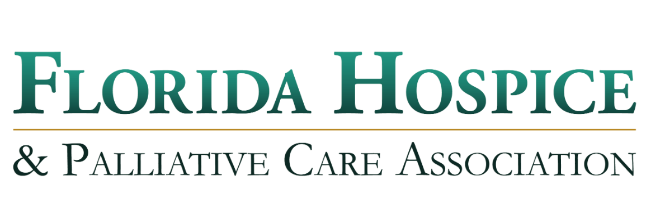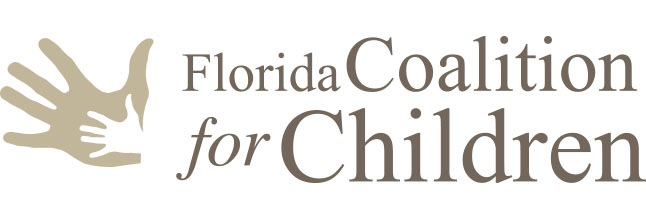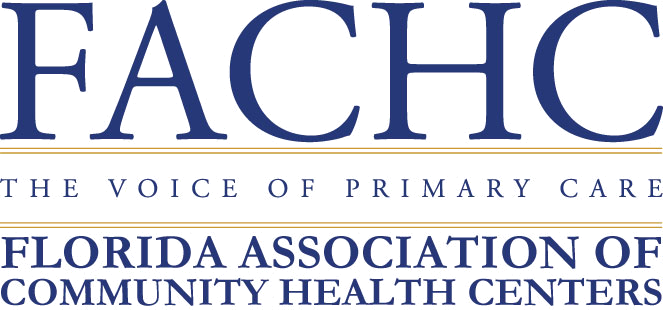
On Dec. 4, 2020, the U.S. House of Representatives voted 228-158 in favor of decriminalizing marijuana at the federal level.
Although the Marijuana Opportunity Reinvestment and Expungement (MORE) Act is not expected to become law due to lack of support in the Senate, the House vote is significant because it marks the first time either chamber of Congress has acted to remove federal prohibitions against marijuana use. It also follows the recent approval of five new ballot initiatives that decriminalize or legalize marijuana at the state level. A total of 36 states now have laws that allow for limited uses of the drug.
The MORE Act
The MORE Act would eliminate all federal criminal penalties related to marijuana by removing it from the federal Controlled Substances Act. In addition, the MORE Act would:
- Expunge virtually all federal marijuana convictions back to 1971;
- Impose a 5% sales tax on all marijuana products;
- Create a grant program aimed at providing various services to individuals most adversely impacted by federal drug laws; and
- Create a grant program aimed at minimizing barriers to marijuana-industry licensing and employment (in states that have legalized sales) for individuals most adversely impacted by federal drug laws.
Employer Impact
The MORE Act includes protections against being denied any federal benefit based on marijuana use or convictions, but it does not address marijuana in the context of private employment. Therefore, even if the bill advances in the Senate, employers should become familiar with and follow all applicable state and local laws relating to marijuana and employment.








